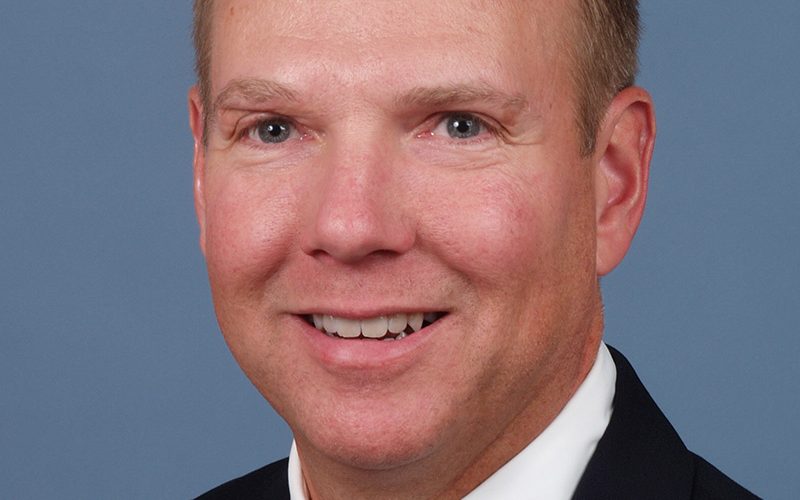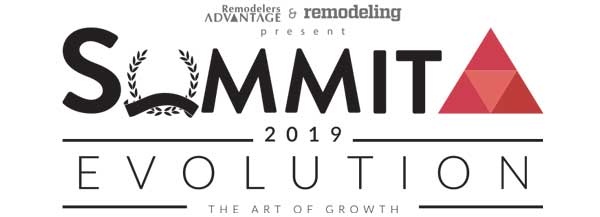Ep.89: Focusing on Clarity in Communication with Jeremy Steinruck
We’re under an almost-constant barrage of information from every angle. As leaders in our business, it’s imperative that our messages are clearly understood. But it’s equally important, if not more so, that we get messages clearly.
Looking ahead to 2020, Jeremy Steinruck is focusing on clarity in communication and cutting through the white noise.
In this episode, Jeremy discusses how to make your communication skills better with Victoria and Mark, what it will take, and how it will help your business and your life.
Jeremy is co-owner and vice president of Axis Construction in Wichita Falls, TX, a company he and partner Jeff Miller started 13 years ago. Jeremy holds a master’s degree in human resource management, but he is most thankful for the influence of incredible mentors and friends who have shared their wisdom freely.
Learning to be a better communicator is possible, even if it’s not in your native skillset. Jeremy says the first part, for him, was getting rid of his “head trash.” He had to get rid of limiting beliefs, only hang on to ideas that could be proven true, eliminate his assumptions of what someone else believes, and not let any of those things influence his decisions. He talks about how to get past that, and boost your communication and listening skills, including:
- The basic rules of engagement
- Facing fears
- Placing yourself in someone else’s comfort zone
- How to plan your conversations
- Understanding you can’t convince someone else
- Asking questions to get to others’ needs
- Setting goals at the beginning of the conversation
- Communicating with intent
- The four things to do before having a tough conversation
- And more …
Two of the biggest barriers to effective communication are distraction and selfishness, and Jeremy says that recentering and concentrating on your core values will help you get over them.















